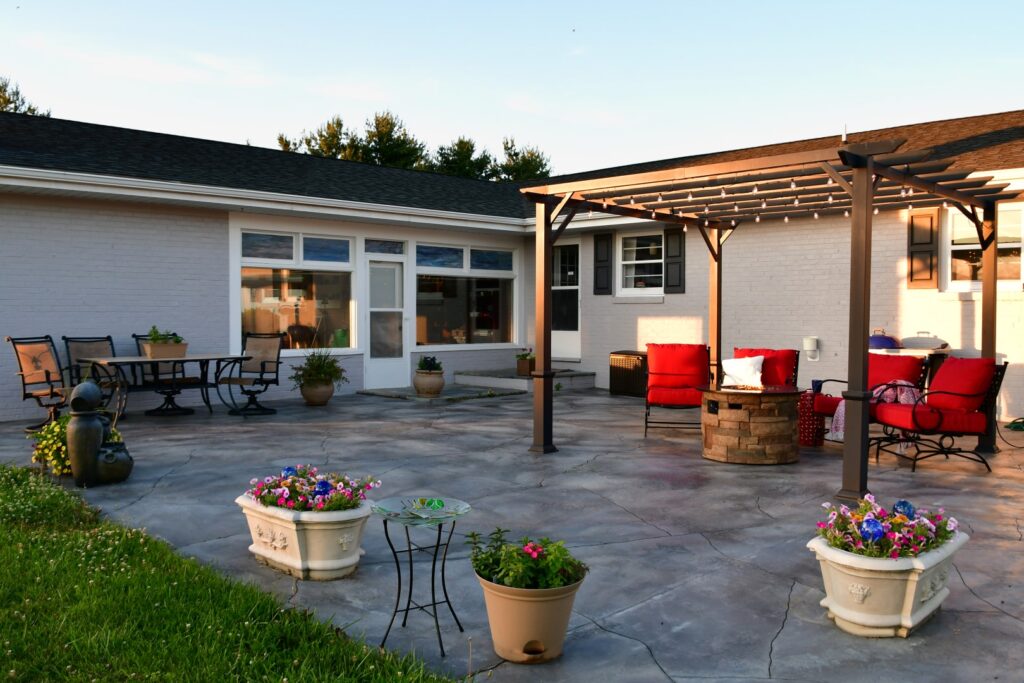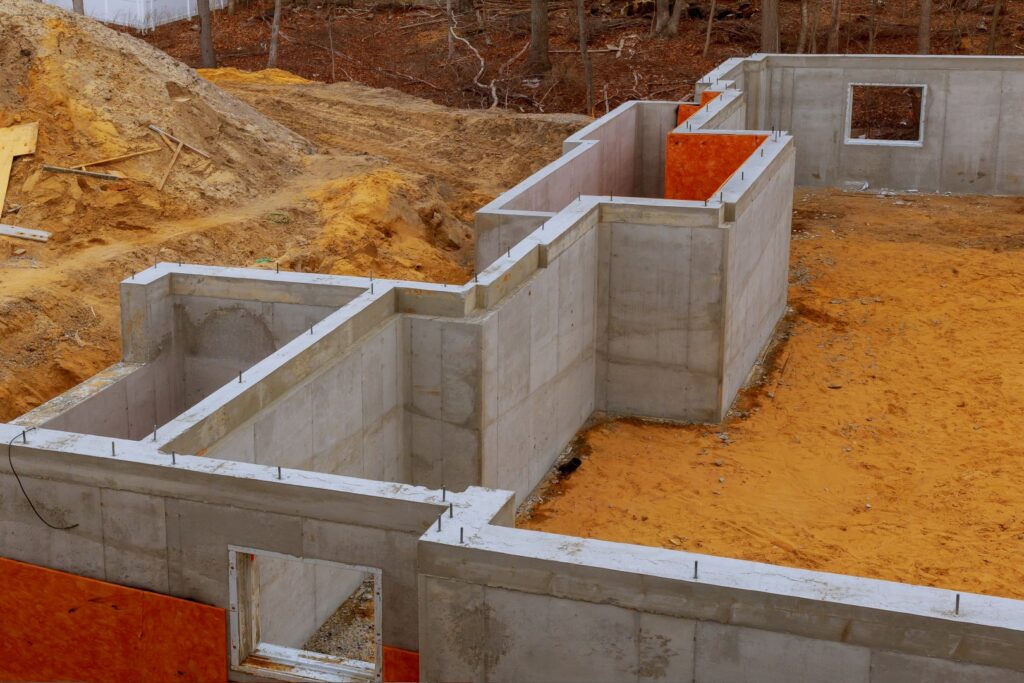Selecting the right type of concrete is a crucial step in planning any successful home project. Whether you’re upgrading your patio, building a new driveway, or laying a strong foundation, the proper concrete mix ensures durability, safety, and long-term value. With several options available, understanding the characteristics of each type helps you make the best decision for your space and budget.
Driveways endure daily traffic and weight, which is why they require a high-strength concrete mix. Ready-mix concrete is a popular choice because of its reliability and balanced performance. It typically includes cement, gravel, sand, and water, and is delivered to the site pre-mixed for consistency. This type resists cracking, shifting, and weather damage. Reinforcing the driveway with rebar or steel mesh is also common for added strength and longevity. Homeowners often opt for a smooth finish or a broom-textured surface for improved traction and a clean appearance.

Patios benefit from decorative concrete options that blend form and function. Stamped concrete is ideal for creating eye-catching patterns that resemble natural materials such as stone, brick, or wood. It’s great for homeowners who want a stylish outdoor area without the high cost of natural materials. Another popular option is stained concrete, which uses acid-based or water-based stains to create rich colors and artistic finishes. These types of concrete for patios are low maintenance, weather-resistant, and offer excellent design versatility.

Foundations are one of the most important elements in any home construction. They require high-strength concrete, typically rated between 3,000 and 5,000 psi. This mix must cure correctly to support the structure and resist long-term damage from moisture and shifting soil. Builders often incorporate additives to enhance water resistance, prolong curing time for improved strength, or protect against freeze-thaw cycles. Properly mixed and poured foundation concrete ensures a stable, long-lasting base for your entire home.

Some projects call for specialty concrete mixes. Fiber-reinforced concrete is mixed with synthetic or steel fibers to reduce cracking and improve structural integrity. Lightweight concrete is ideal for upper-story floors or decorative work, offering easier handling with good strength. Exposed aggregate concrete, which features natural stones or pebbles on its surface, is often used for walkways, porches, and pool decks due to its unique texture and slip resistance.
Every home project has its own challenges. The right concrete mix depends on the amount of weight it needs to support, the level of weather exposure it will receive, and whether you want it to have a decorative or utilitarian appearance. A knowledgeable concrete contractor can help you weigh your options and recommend the best mix for your goals and location.
Contact us today to speak with an expert and get a quote tailored to your home project. Want more ideas? Visit our All Available Roofing LLC blog to explore helpful tips and guides on all things concrete.